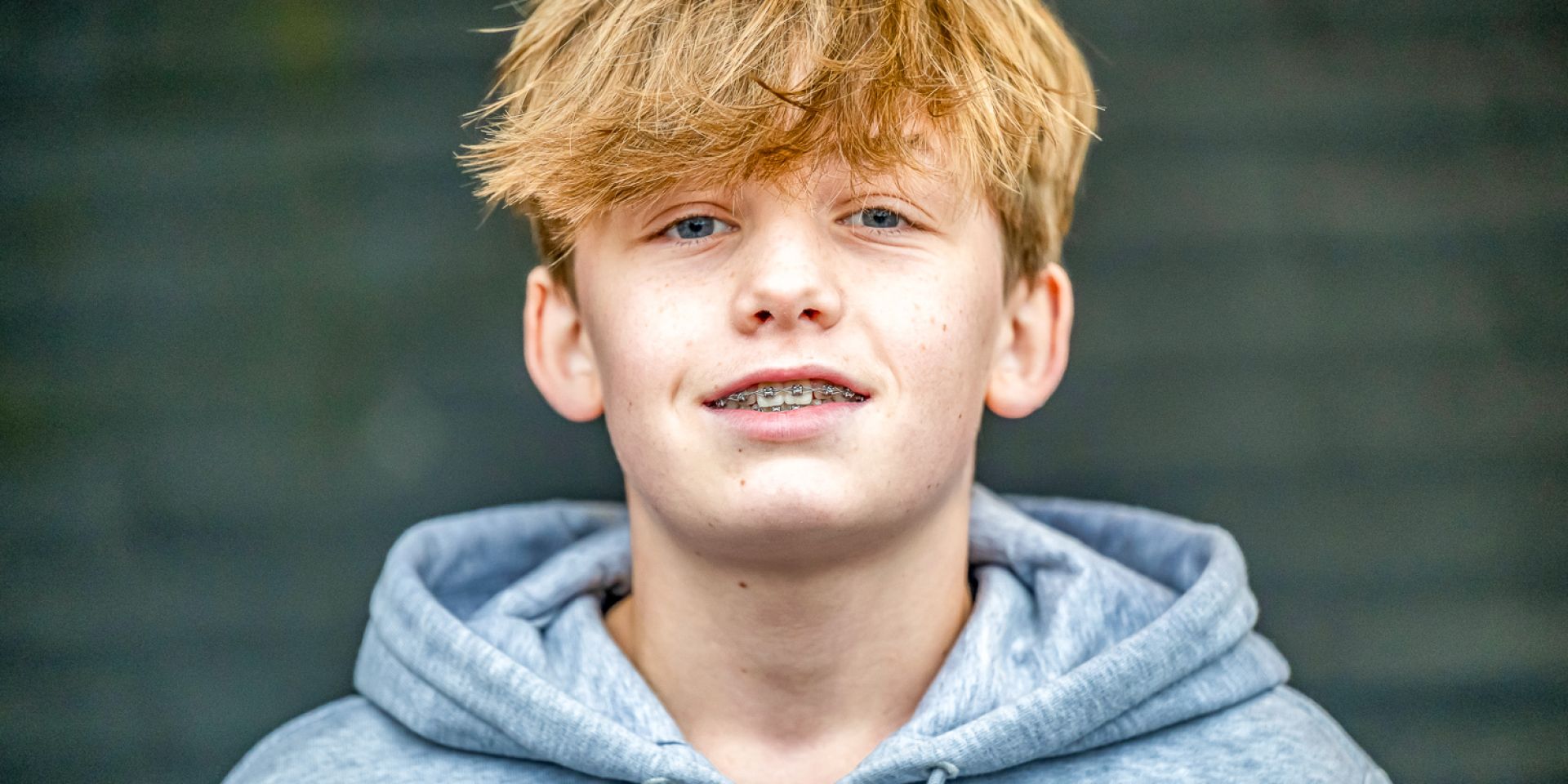
SCODA
Social Cognition in Disruptive behavior and Aggression
Youth with behavioural problems (also referred to as disruptive behaviour) often experience difficulties in their interactions with other people. We think this may result from their brains processing social information in a different way. Social information is information important for interacting with other people. Yet, we don’t know exactly know how youth with behavioural problems process social information differently. This is why we conduct this study.
Background
Youth with behavioural problems often experience difficulties in their interactions with other people, including their parents and/or peers. We think this may result from their brains reacting differently to information to be processed. For instance, some may have problems recognizing others’ feelings. Others may feel as though they are judged negatively by other people.
Still, the exact differences which may exist in the processing of information have not been studied extensively so far. Therefore, we invite both youth with and without behavioural problems to participate in our study. We will then compare the results of both groups. This way, we hope our results may contribute to a better treatment of behavioural problems in the future.
About the study
Participants and their parents fill out several questionnaires. There's also an interview with the participant and their parent(s) on the behaviour, an EEG assessment, a short IQ screening and additional computer tasks. The computer tasks allow us to investigate how the brains react to different kinds of information, such as the feelings of other people or things you need to remember. The questionnaires mainly focus on the behaviour of the participant.
What is EEG?
We can measure brain activity using electroencephalography (EEG). The participant will need to wear a head cap, similar to a shower cap, which has sensors. These sensors will measure brain activity during the task and in rest. EEG is completely safe and does not hurt.
Researchers
Renee Kleine Deters is junior researcher at the SCODA study. Andrea Dietrich and Pieter Hoekstra are involved as senior researchers. This research study is in collaboration with the Universitair Medisch Centrum Groningen.
